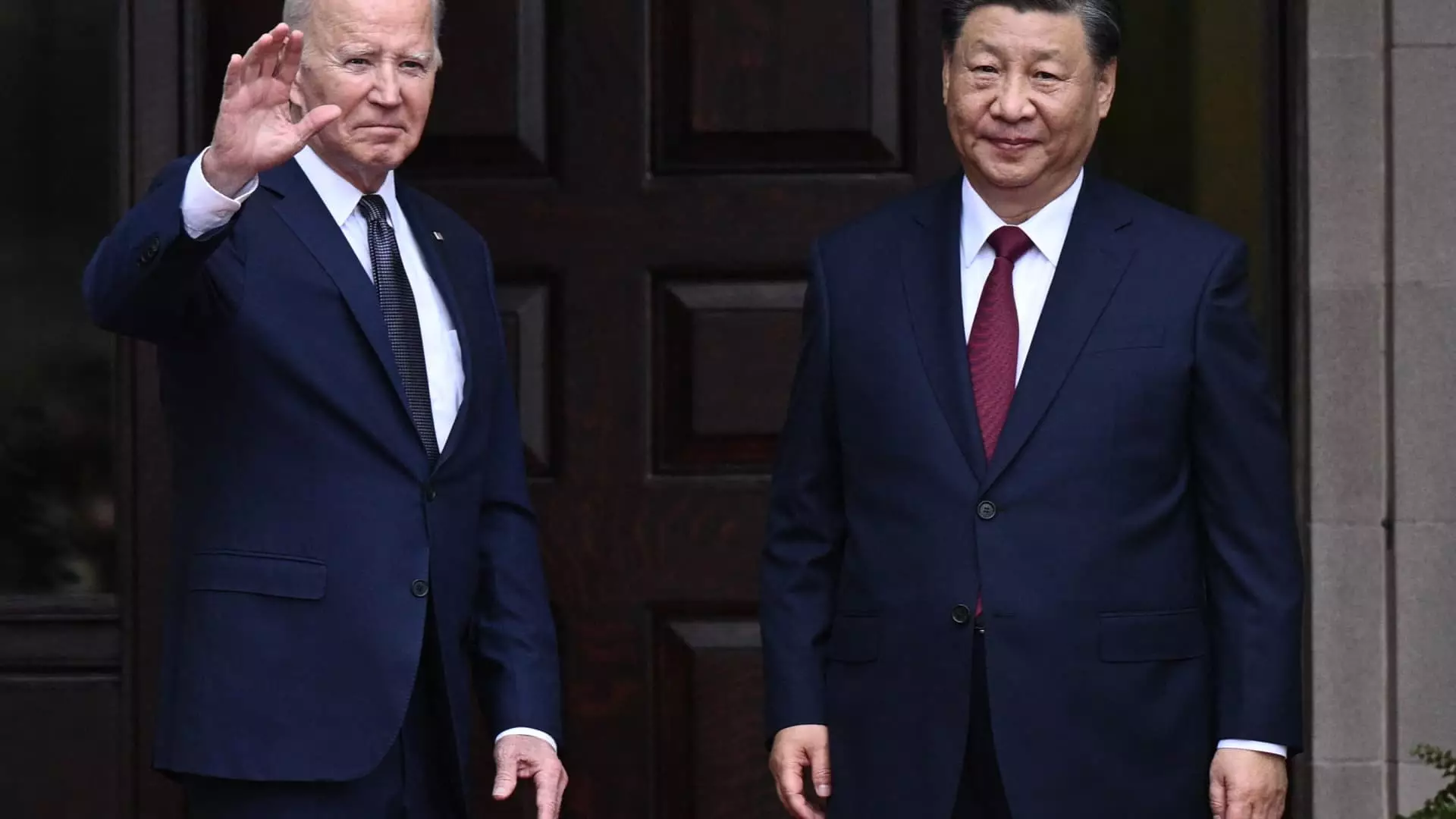China strongly opposes the U.S. investigation into its maritime, logistics, and shipbuilding industries, calling it a “mistake on top of a mistake.” The Chinese ministry of commerce argued that the U.S. provides discriminatory subsidies to its domestic industries amounting to hundreds of billions of dollars, while accusing China of adopting unfair ‘non-market practices’.
The Chinese ministry emphasized that the development of China’s industries is a result of companies’ technological innovation and active participation in market competition. According to China, the U.S. investigation fails to recognize the genuine efforts made by Chinese companies to succeed in a competitive global market.
The Office of the U.S. Trade Representative initiated a probe into China’s maritime, logistics, and shipbuilding industries under the Trade Act of 1974, Section 301. The U.S. alleged that Beijing implemented unfair, non-market policies and practices to dominate these sectors, leading to the launch of the investigation.
Beijing criticized the U.S. for launching a new Section 301 investigation, stating that it is a mistake and urged the U.S. to respect multilateral rules. The Chinese commerce ministry pledged to take all necessary steps to defend its rights and interests in response to the U.S. investigation.
Five national labor unions in the U.S. requested a probe into China’s maritime, logistics, and shipbuilding sectors, leading to a promise from U.S. Trade Representative Ambassador Katherine Tai to conduct a “full and thorough investigation” into the concerns raised by the unions. Ambassador Tai highlighted the use of non-market policies by China to undermine fair competition in the global market.
In response to China’s trade practices, President Joe Biden called for tripling tariffs on Chinese steel and aluminum imports to protect American industries. The White House emphasized that Chinese policies and subsidies in the steel and aluminum industries lead to the undercutting of high-quality U.S. products by cheaper Chinese alternatives produced with higher emissions.
The dispute between the U.S. and China over the investigation into China’s maritime, logistics, and shipbuilding industries highlights the ongoing trade tensions between the two countries. Both sides have taken firm stances on the issue, with China defending its practices and the U.S. seeking to address what it perceives as unfair competition. The outcome of the investigation and any subsequent actions taken by either party will have far-reaching implications for global trade relations and the future of the maritime, logistics, and shipbuilding sectors.

Leave a Reply